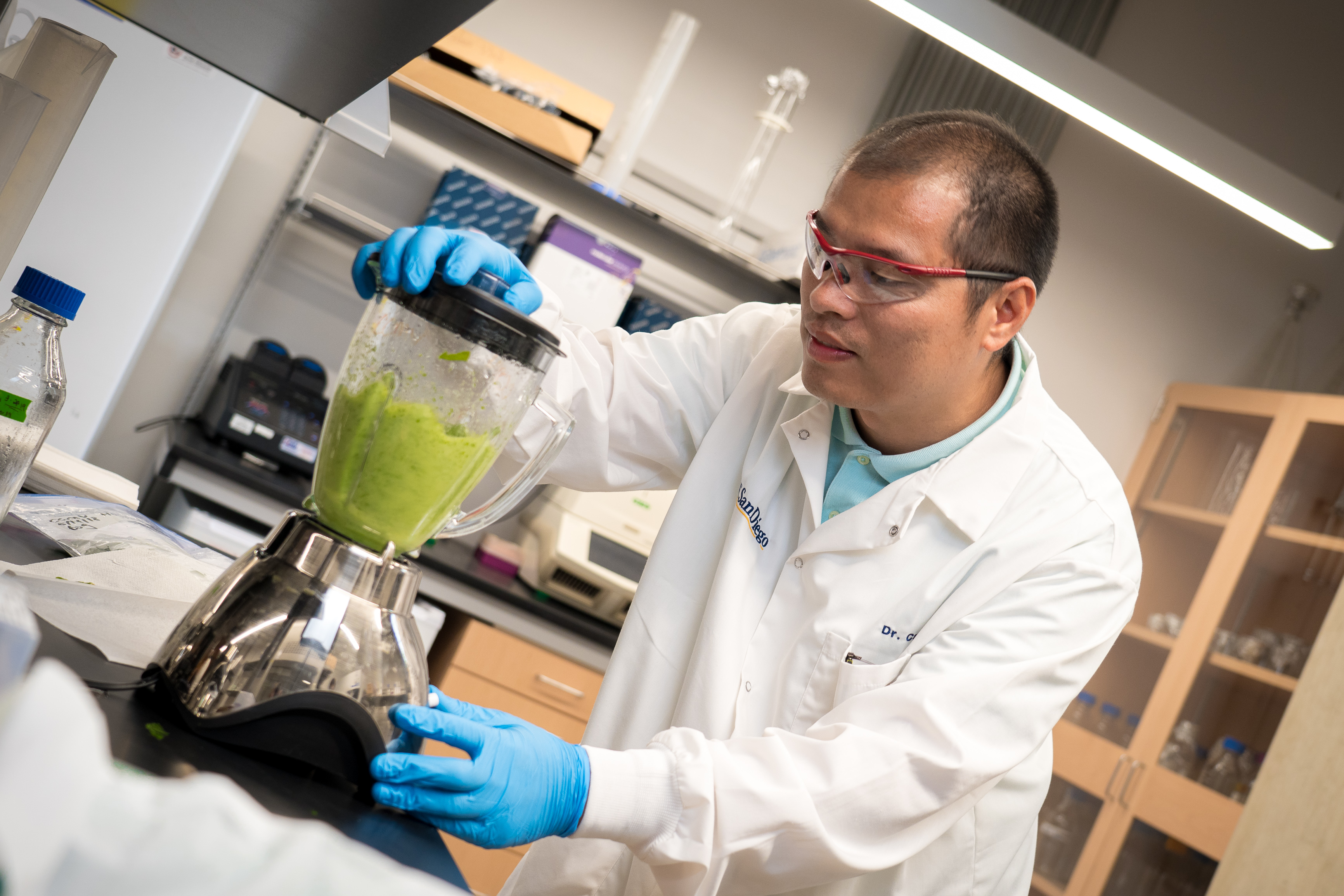 Significant Survival Benefits for Men with Melanoma Through Melanoma Vaccine
Significant Survival Benefits for Men with Melanoma Through Melanoma Vaccine
In a groundbreaking discovery, researchers at the UVA Cancer Center have found that a personalized mRNA vaccine combined with immunotherapy can significantly improve survival rates for men diagnosed with high-risk types of melanoma. This new breakthrough in melanoma treatment is revolutionizing cancer therapy and opening up new avenues for personalized vaccines for other types of cancers in the future.
Melanoma, a severe form of skin cancer, has always been a challenging disease to treat due to its aggressiveness. However, researchers have been working tirelessly to find new ways to combat this deadly cancer. Vaccinations have shown promise in training the immune system to recognize and attack cancer cells, and now, with the development of a second-generation melanoma vaccine, the effectiveness of these treatments has been further enhanced.
Dr. Craig L. Slingluff Jr. and his team at UVA Cancer Center have developed an improved version of the melanoma vaccine that stimulates a more effective immune response. Their clinical trial compared the first-generation vaccine with the second-generation vaccine and conducted a 15-year survival analysis. While both vaccines showed positive results, the second-generation vaccine demonstrated a marked improvement in long-term survival, particularly for men with earlier-stage melanoma.
Interestingly, men seem to benefit more from the enhanced vaccine than women. Researchers believe that this may be due to differences between the immune systems of men and women when it comes to cancer and vaccinations. This insight into gender-specific responses to melanoma vaccines is valuable and could influence future cancer vaccine development.
The study also highlights the safety and tolerability of the vaccine, as it did not result in any significant increase in adverse side effects for patients receiving it. This is crucial in ensuring that patients can tolerate the treatment without compromising their overall well-being.
This breakthrough in melanoma treatment not only offers hope for patients with this aggressive form of skin cancer but also paves the way for personalized vaccines for other types of cancers. By tailoring vaccine therapies to individual patients and taking into account factors such as gender, researchers believe that future cancer treatments could be more successful and effective.
The development of cancer vaccines has gained momentum as a result of this study. The findings indicate that personalized vaccine therapies could significantly improve their effectiveness, leading to more successful cancer treatments. However, more research is needed to fully understand the implications of gender-specific responses and to develop tailored vaccines for other types of cancers.
In conclusion, the combination of a personalized mRNA vaccine with immunotherapy has shown significant promise in improving survival rates for men with high-risk types of melanoma. This breakthrough not only offers hope to melanoma patients but also sets the stage for personalized vaccines to revolutionize cancer treatment in the future. With further research and development, we may witness a new era in cancer therapy where tailored treatments based on individual characteristics lead to improved outcomes and increased survival rates.

